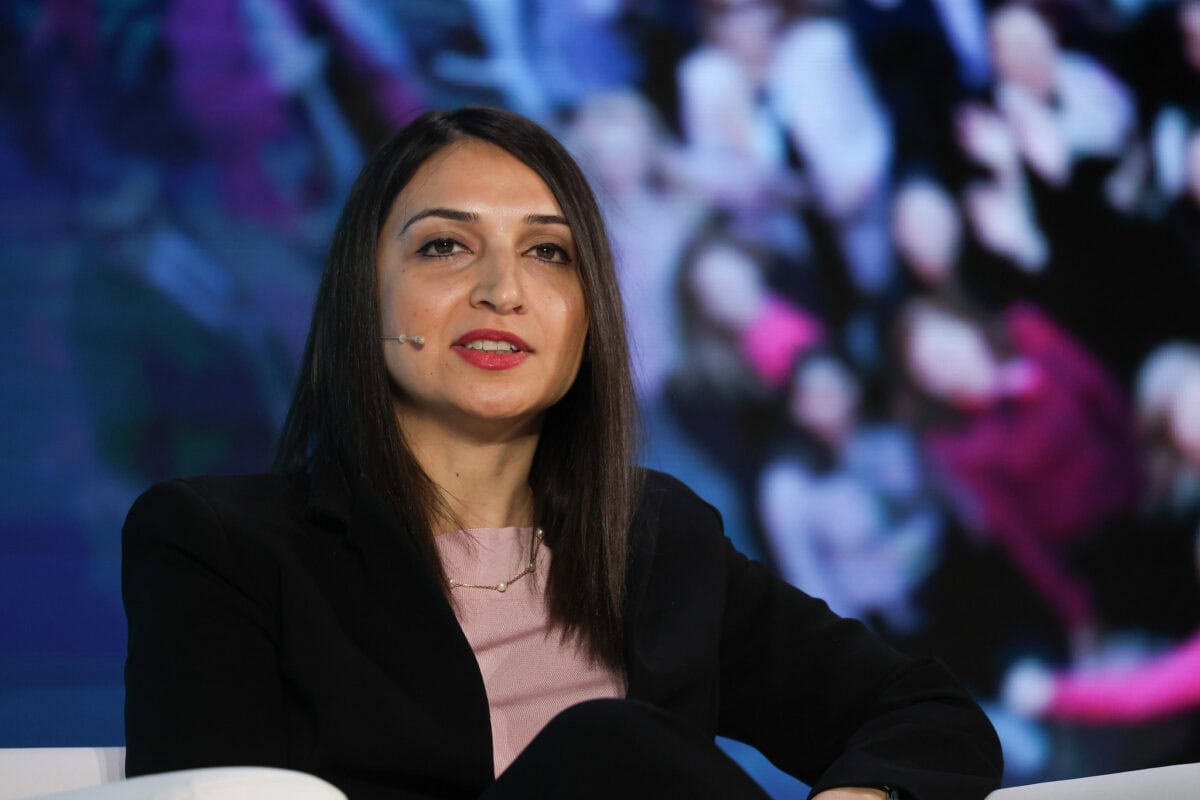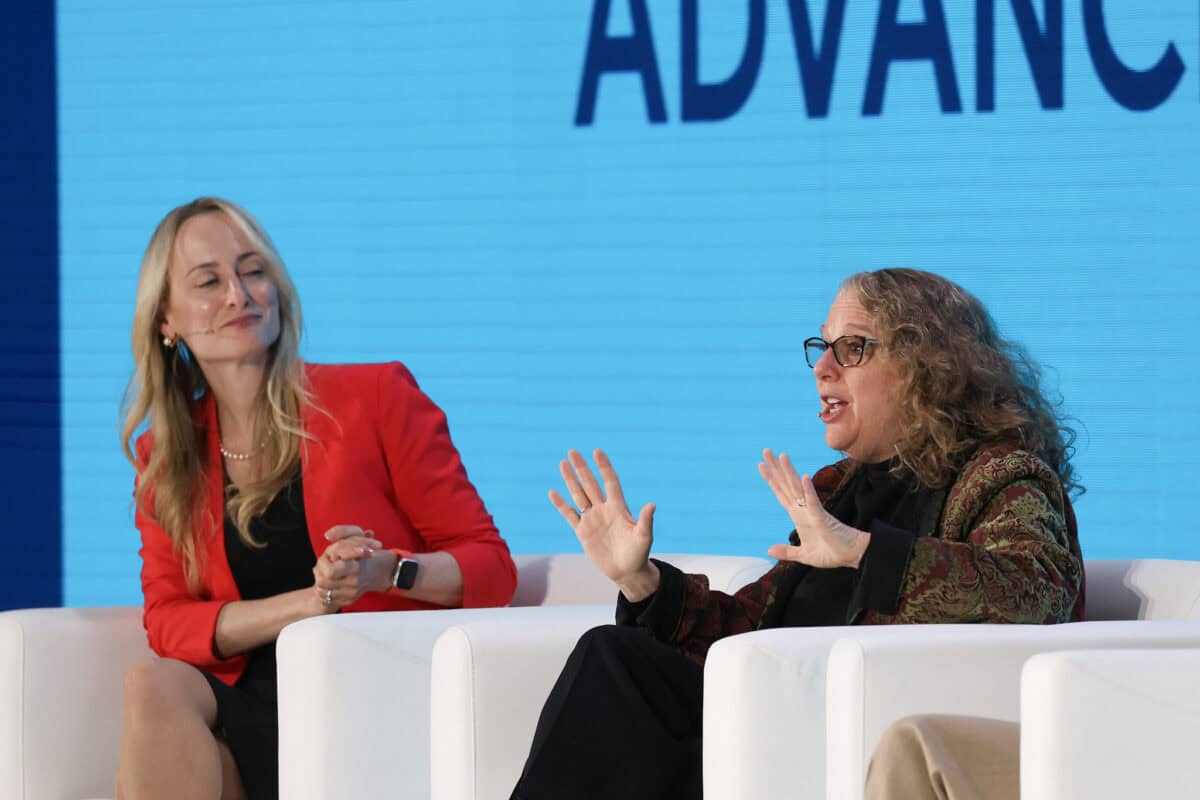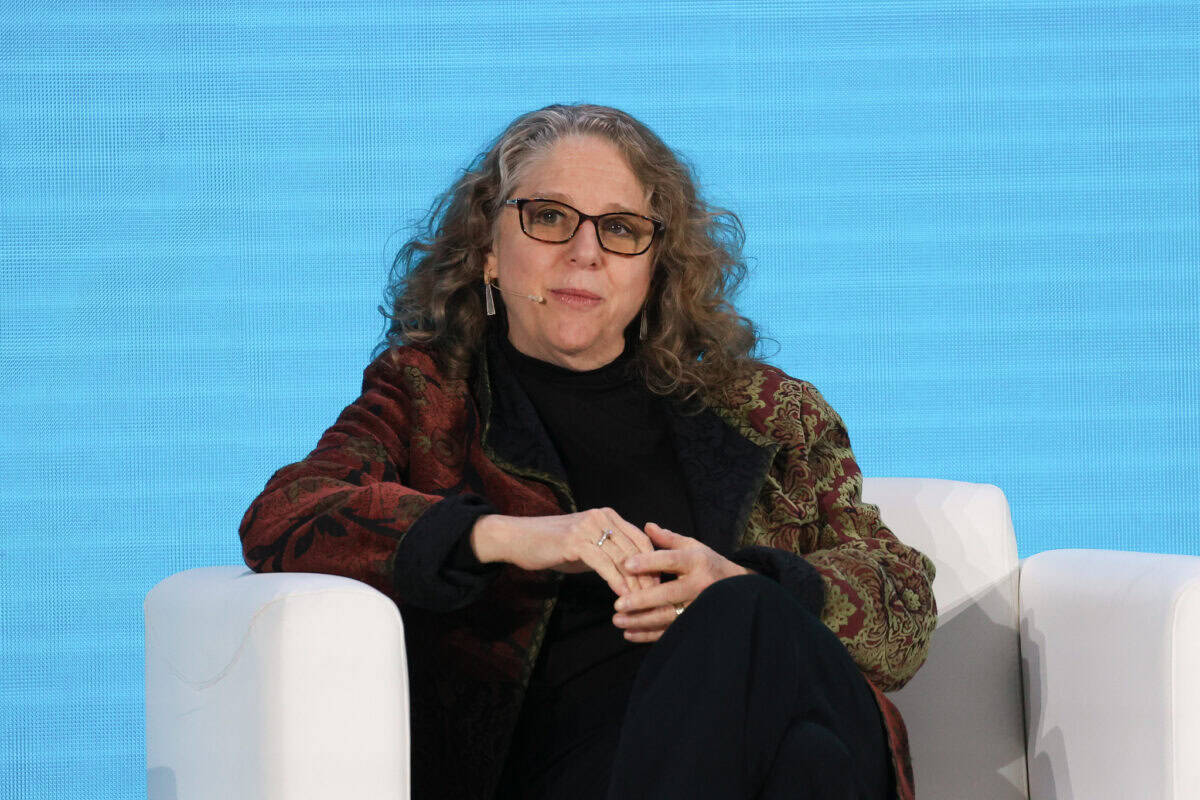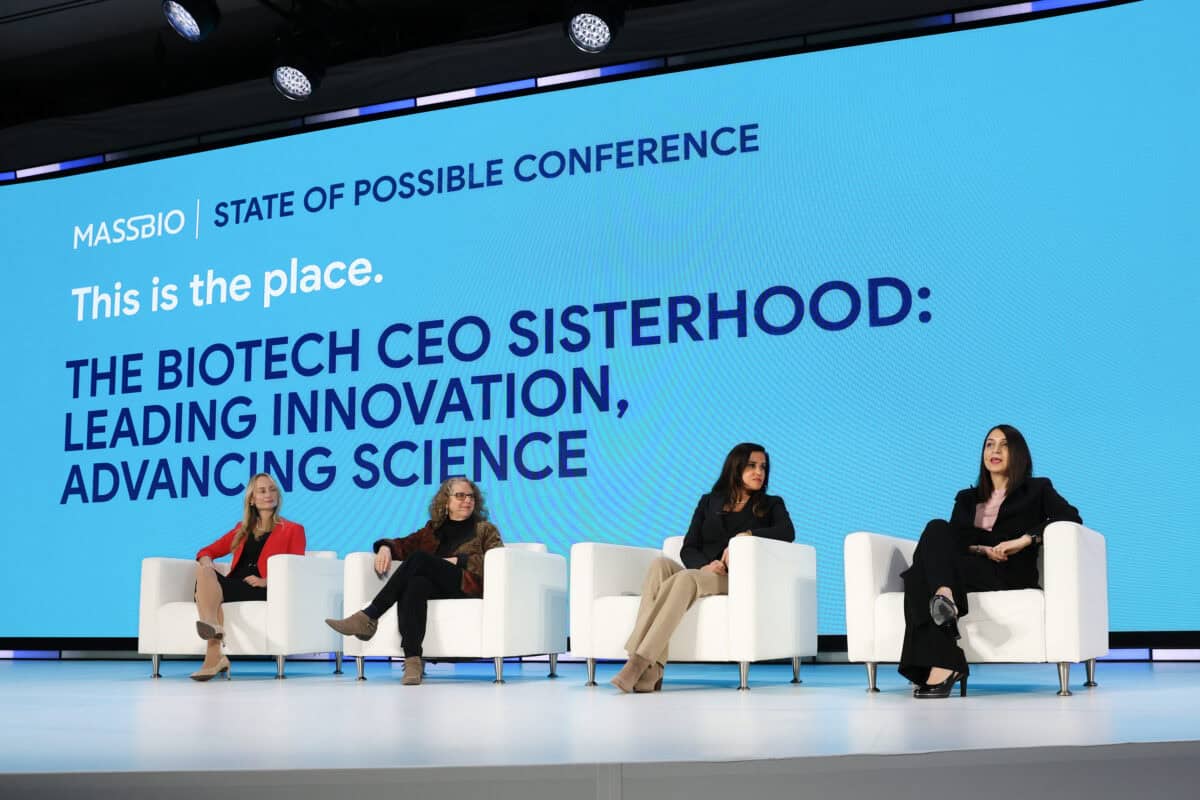
You may have seen the photo from the J.P. Morgan Healthcare Conference this year: Hundreds of female biotech CEOs gathered in Union Square, all dressed in pink. It was a moment that represented leadership, solidarity, and visibility, as well as a reminder for how far biotech has come when it comes to gender parity in an industry that has long been dominated by men.
Despite that sea of pink, however, Rachel Humphrey, CEO and founder of Normunity noted, that there were still more men named Michael attending JPM than women overall, a reminder that while we’ve come a long way, there’s still work to be done.
And so began the Biotech Sisterhood panel at the MassBio: State of Possible 2025 Conference, moderated by Luba Greenwood, CEO of Gallop Oncology, with panelists Dr. Humphrey, Daphne Zohar, founder of PureTech and now Seaport Therapeutics, and Parastoo Khoshakhlagh, CEO and cofounder of GC Therapeutics.
The Sisterhood is Real
Luba Greenwood described the biotech sisterhood as an environment of close camaraderie, with women supporting each other not just when their companies are thriving, but in the tough moments — when funding gets tight, when the science hits a bump in the road. “The sisterhood is real,” she said. “Not just when things are going well, but also when they’re not.” She then went on to ask each of the panelists to describe their personal journeys into leadership roles.
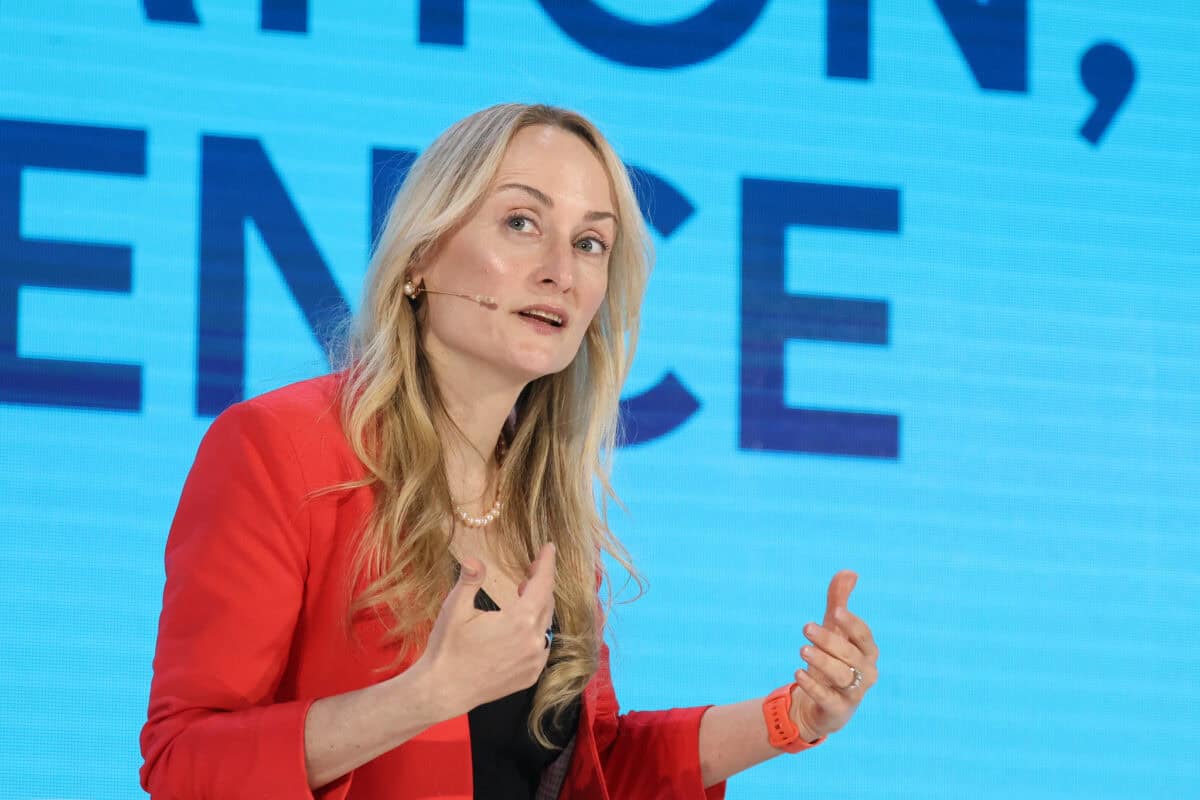
Daphne Zohar spoke of her early start in entrepreneurship and her passion for neuropsychiatry, shaped in part by her daughter’s experience with depression. Zohar celebrated the progress that women have made over the past decade. “What I love,” she said, “is that these are women who are executing. We’ve moved beyond being the only woman in the room. There’s power in being a female biotech CEO today.”
Dr. Khoshakhlagh shared her journey of pivoting mid-PhD to pursue entrepreneurship. As a Persian woman, she said, being a CEO wasn’t traditionally seen as an option. But under the mentorship of George Church she saw that the next step she wanted to take in her career was to translate her research into a biotech company. “The reason I’m here is because of the role models on this panel,” she said. “Diversity leads to the best outcomes.”
And Dr. Humphrey, reflected on her own path from residency at Johns Hopkins—where she was one of just three women in a group of 33—to leading a 50/50 gender-balanced company. “It’s a time of great energy,” she noted, pointing out that it’s no longer considered unusual to see a woman leading a biotech company.
As Zohar added: “I think we’ve moved past the language of feeling like things are harder [for women]. There’s never been a better time to be in biotech, no matter your gender.”
The Power of Networking

The panel closed with some advice for the next generation of women leaders – when it comes to networking, be intentional, specific, and personal. Skip the rehearsed pitches, the panelists said, and connect as humans first. As Dr. Humphrey put it, “You never know where your next best friend – or investor – might be.”
Networking can feel awkward, they acknowledged, and encouraged aspiring biotech executives to just be friendly, show up, and talk to people. Zohar added: “Don’t be two brochures talking to each other. Make it personal.”
And Dr. Khoshakhlagh had a practical tip: walk into every event with two people in mind you’d like to meet and what you’d like to ask of them. Purpose helps overcome nerves, she said.
Theme of the Day: Moms
Beyond the Biotech Sisterhood panel, there were constant reminders of just how much women have shaped the biotech industry in recent years. In one standout moment, Nancy Frates, whose son Pete’s battle with ALS led to the Ice Bucket Challenge and a global movement, took the stage. She described how her son’s illness threw her into a world of fundraising and made her a champion for ALS research.
Meanwhile, April Lane took the stage to share the story of her family’s long and challenging journey to find a diagnosis for her son, Mark “Swaggy” Lane, who suffers from an ultra-rare seizure disorder. She described misdiagnoses, dismissive doctors, and finally, after years of advocating for her son and serving as a researcher of his disease, forward progress.
From boardrooms to grassroots movements, women continue to shape the future of biotech. And if the Biotech Sisterhood panel made one thing clear, it’s that they’re doing it together.
Sarah Sutton, Ph.D. works with biotech startups and founders as a public relations and communications consultant.
